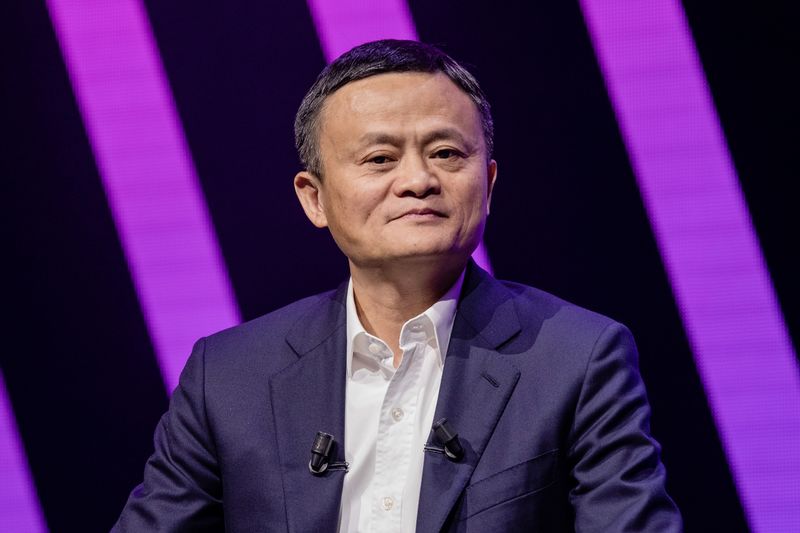Jack Ma Did What He Was Told. Why Is He Getting Scrutinized Again?
Amid a high-profile anti-corruption probe, Ant Financial’s restructuring might not be enough to satisfy regulators in Beijing.
It’s been 16 months since President Xi Jinping ordered Ant Group Co.’s $35 billion initial public offering to be pulled. Since then, the fintech giant has restructured. It has agreed to be regulated like a bank. It set up firewalls across divisions and shored up capital buffers for its consumer-lending business. Ant has become an obedient, even boring, corporate citizen.
It’s therefore surprising that China is again scrutinizing founder Jack Ma’s financial empire. Banking regulators recently told the biggest state-owned banks and firms to report all their financial exposure to Ant, its subsidiaries and even its shareholders, Bloomberg News reported.
Could it just be a routine check-up? The probe coincides with a high-profile anti-graft drive in the financial sector. In October, the Central Commission for Discipline Inspection, the powerful anti-corruption agency, started inspecting 25 financial entities, including regulators, policy banks, state-owned banks, distressed-loan managers and insurers.
Ant has a lot of business dealings with state-owned banks on consumer loans. It may also count SOE asset managers as buyers of its sizable asset-backed securities. It is thus natural that the regulators, who are being inspected themselves, ask banks to report their exposure to Ant, a systemically important financial entity in China.
But given China’s opaque bureaucratic apparatus, there’s plenty of room for second-guessing. Alibaba Group Holding Ltd., which owns a third of Ant, led the Hang Seng Tech Index’s decline since the news first surfaced. To investors, this feels ominous. In February, China arrested the former party secretary of Hangzhou, where Ant is headquartered, on suspicion of taking bribes, in a case that has been linked by local media to the fintech.
The anti-corruption probe is shaping up to be the widest such inquiry since 2016. In September, the CCDI issued its first set of detailed guidelines listing 101 types of potential crimes. They range from bribery and dereliction of duty to insider trading and signing off on suspect commercial bills.
Punishments are severe. Hu Huaibang, former boss at China Development Bank, is serving a life sentence for bribery. He had helped facilitate a $4.8 billion credit line for CEFC China Energy Co., whose defaults are as spectacular as its obscure beginnings. Lai Xiaomin, former head of China Huarong Asset Management Co., was executed a year ago for receiving 1.8 billion yuan ($280 million) in bribes.
These days, anyone who handles money for the state needs to be extra careful. With rounds of corporate defaults, near-Lehman moments and state-engineered bailouts, Xi’s patience could be running thin with his bankers. Reckless lending and investing can lead to billion-dollar write-downs and land the officials — and those who offered bribes — in jail for a long time.
And even though Ant restructured its business operations, there is a question that stands out as Xi drives to narrow wealth gaps — his “common prosperity” campaign: who are its minority owners. The Wall Street Journal has reported that the president quashed Ant’s IPO in part because of the government’s unease over its complex ownership structure — and the people who stood to gain the most from a blockbuster listing. In the company’s prospectus, its long list of investors included many obscure private equity firms.
Fun-loving and charismatic, Ma couldn’t be boring if he tried. By providing payment, credit and investment services to the middle class and small businesses, Ant remains at the center of China’s financial system. In these days of unprecedented defaults and high-profile anti-corruption campaigns, we are getting another reminder that Ant’s future might be beyond its own control.
Author: Shuli Ren, Bloomberg


